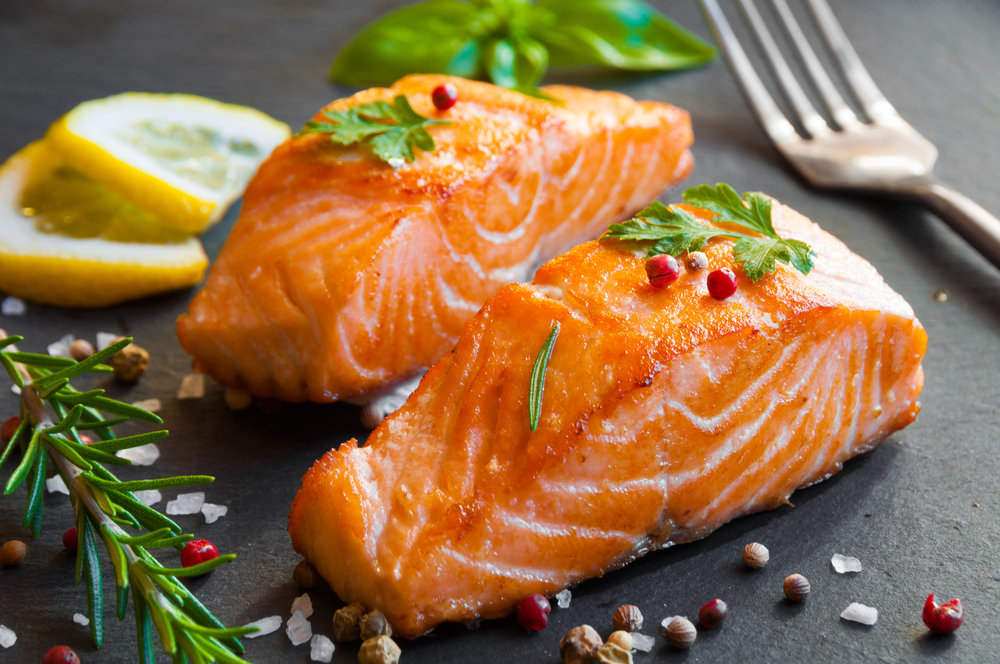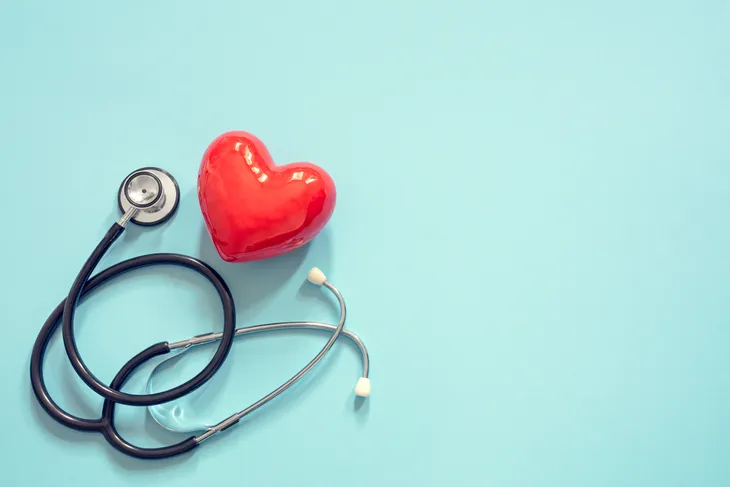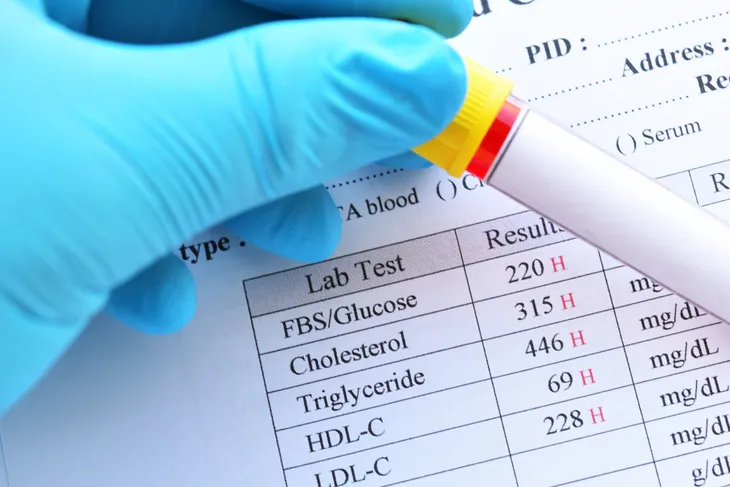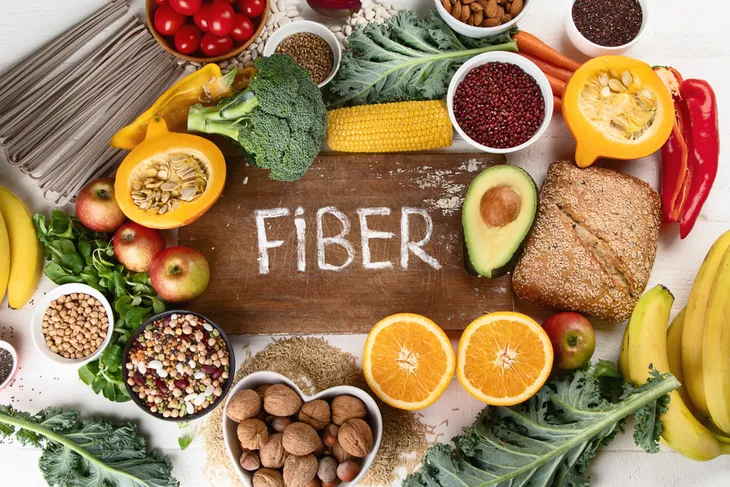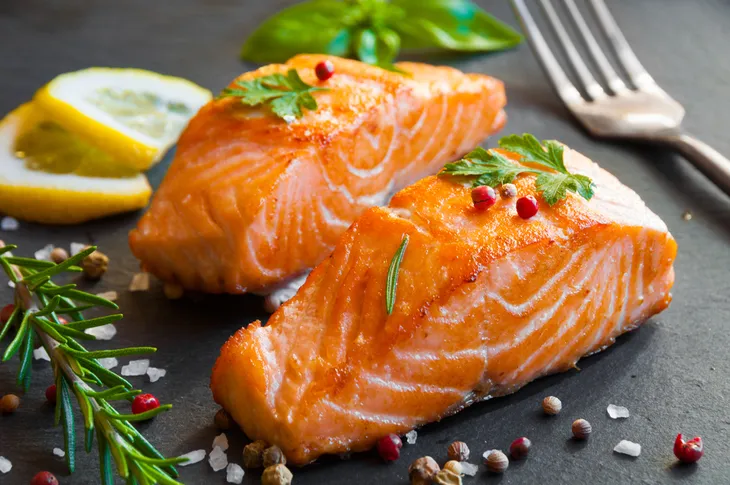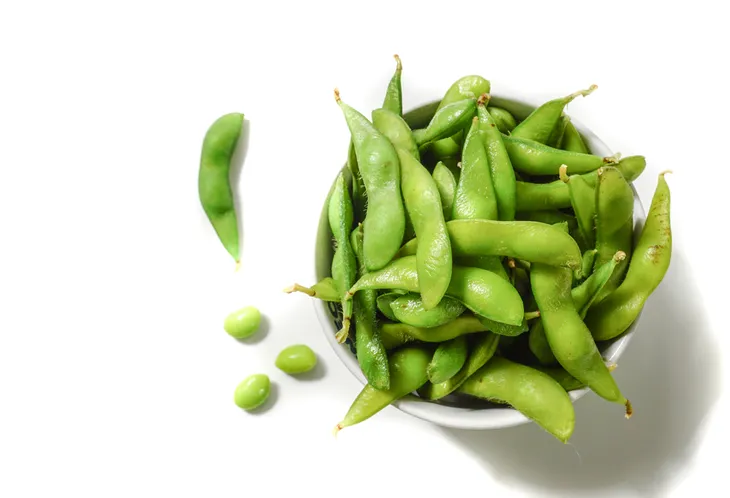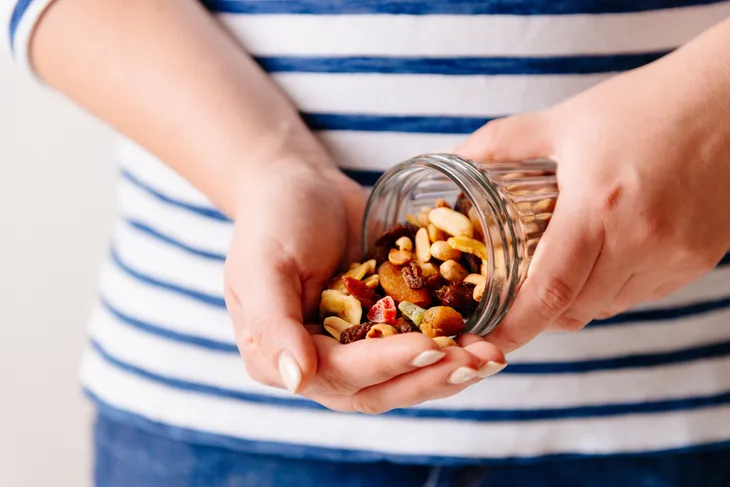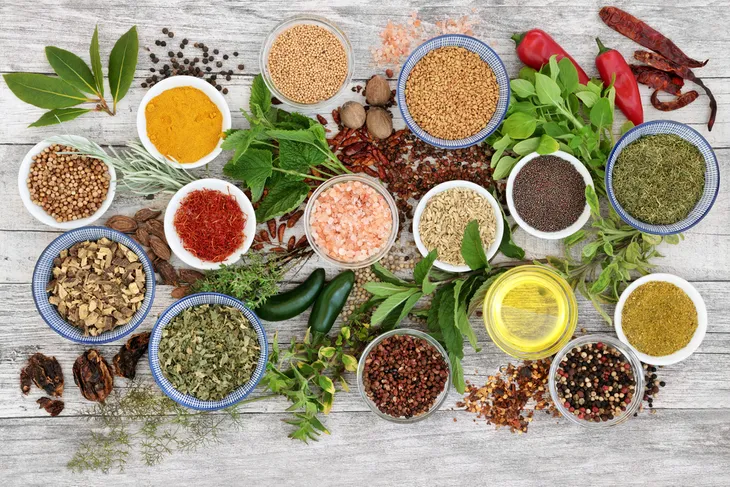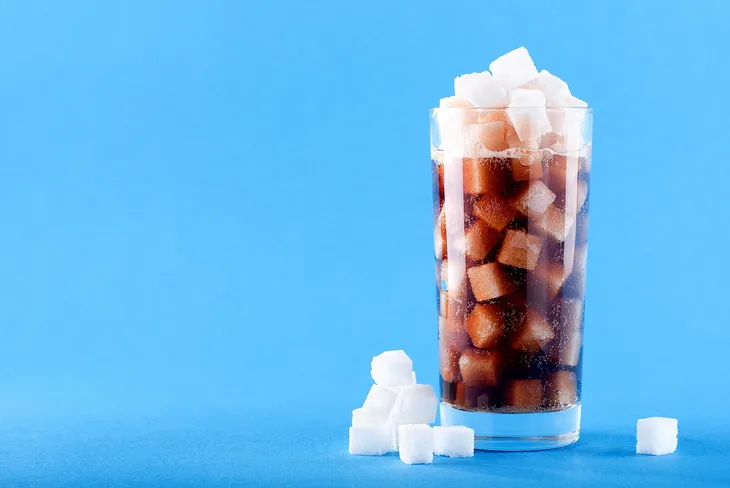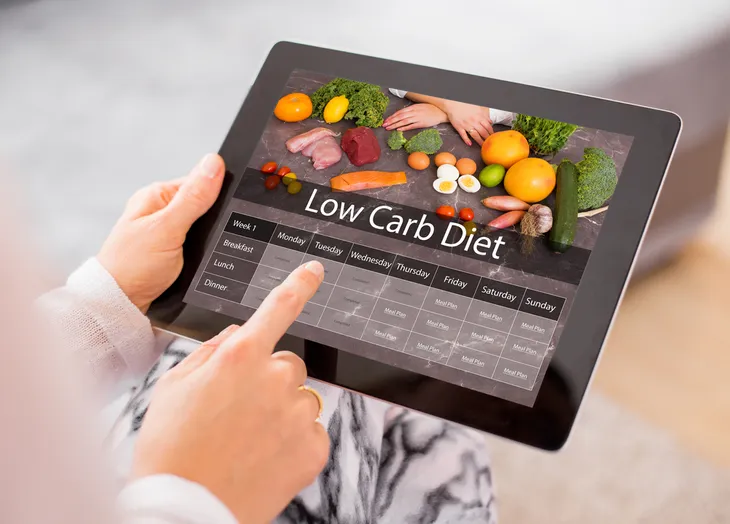Triglycerides is perhaps not the first word that pops into your head when you’re thinking about your overall health. However, while many people use only cholesterol and blood pressure as markers of optimal wellness, triglycerides play a big role as well.
A high level of these lipids, which we’ll get into more detail soon, can be a heart disease risk. Luckily, there are some lifestyle adjustments including diet changes that can make a positive difference. Let’s take a look at what exactly triglycerides are, how they impact your health, and foods to naturally lower triglycerides.
What Are Triglycerides?
Mayo Clinic notes, triglycerides are fats (lipids) that are present in the bloodstream. They are the result of unused calories that your body doesn’t burn right away and are stored in fat cells. They are later released to provide a boost of energy between meals.
The source explains that if you “regularly eat more calories than you burn, particularly from high-carbohydrate foods,” then you could be at higher risk of high triglycerides — a condition known as hypertriglyceridemia.
What Are Normal Levels?
Cleveland Clinic outlines the country’s guidelines for triglyceride levels in healthy adults. It explains that a “normal” level is lower than 150-milligrams per deciliter (mg/dL). It says “borderline high” levels are 151 to 200-mg/dL, while “high” is between 201 to 499-mg/dL of blood.
There’s also a “very high” category that is more alarming, which is higher than 500-mg/dL. The source also notes 200-mg/dL and higher is linked with a higher incidence of heart attack and strokes. While an exact range is not given, those with very low counts may also warrant further attention from a doctor — as it may indicate an underlying health issue.
Foods to Lower Triglycerides
If you’re unsure if your triglyceride levels are high, speak with your doctor. This can be determined through a blood test known as a lipid panel.
Now that we have a better understanding of what triglycerides are and how they impact your health, let’s take a look at foods to lower triglycerides.
Choose Fiber-Rich Foods
WebMD says that foods with whole grains (as opposed to refined white flour) in particular can help you lower your triglyceride count. Foods that fall into this category include steel-cut oats with berries, which can take the place of your usual breakfast bagel or sweetened cereal.
It also suggests eating a salad with vegetables and garbanzo beans for lunch. Brown rice or quinoa instead of starchy potatoes and pasta are also great options for dinner. There are other benefits to getting adequate fiber as well such as appetite control and less bloating.
Healthy Fats, Including Fish
You might not think that consuming any kind of fat would help lower lipids. However, it’s about the type of fat you eat, and some are much more useful than others when it comes to your body’s health. WebMD says foods that naturally contain monounsaturated fats and polyunsaturated fats should be on your list to combat high triglyceride counts.
Examples provided include avocados, walnuts, skinless chicken, and olive oil. On the other hand, trans fats found in processed foods are not your friend. Meanwhile, you should also seek out foods with Omega-3 fatty acids once or twice weekly, including tuna, herring, trout, and salmon. Note, if you don’t like eating fish, then fish oil supplements have been found to have positive effects as well.
Boost Your Soy Protein Intake
If you get most of your protein from meat and dairy, then you might want to reconsider. Healthline says there’s evidence that soy proteins reduce triglyceride levels, citing a 2004 study that indicates soy protein lowered levels in subjects by 12.4-percent more over 6-weeks compared to animal proteins.
The source explains that soy is rich in isoflavones, “a type of plant compound with numerous health benefits,” such as lowering “bad” cholesterol. Soy protein can be found in a variety of soy products including soybeans, soy milk, tofu, and edamame.
Go Nuts on Nuts
Healthline also says that upping your nut intake can also make a positive difference if your triglyceride count is high. That’s because tree nuts are packed with fiber, Omega-3 acids, and unsaturated fats, which all work in harmony to keep your levels in check.
Examples of ideal nuts you can choose to keep triglycerides under control include almonds, walnuts, pistachios, Brazil nuts, and Macadamia nuts. However, the source warns that nuts are high in calories, so “moderation is key” when you’re snacking on them.
Spice It Up
EveryDay Health explains that adding spices to otherwise fatty dishes can actually lower the impact on triglyceride levels, as discovered by Penn State University researchers. The study found that triglyceride levels dropped by 30-percent in those who added 2-tablespoons of rosemary, oregano, cinnamon, turmeric, black pepper, cloves, garlic powder, and paprika blend to their meals (compared to those that didn’t).
But what is it about these spices that can help keep triglycerides in check, and therefore heart disease? The researchers credit these spices for reduced “oxidative stress,” which has been linked to chronic health problems such as arthritis and diabetes. They can also liven up an otherwise boring meal!
Other Natural Ways to Lower Triglycerides
These dietary changes aren’t the only way to naturally lower your blood triglycerides! Other lifestyle changes such as managing your weight and exercising as well as other dietary changes like reducing your carb and sugar intake can also have an impact. Let’s explore these more next.
Manage Your Weight
When you consume more calories than your body needs, your body will turn them into triglycerides and then will store them in fat cells. Healthline says, “That’s why losing weight is an effective way to lower your blood triglyceride levels.”
A study showed even just losing 5 to 10-percent of your body weight can decrease triglyceride levels by 40-mg/dL. Healthline also explains that even if you regain some of the weight, weight loss can have a lasting effect on your triglyceride levels.
Reduce Your Sugar Intake
Whether we like to admit it or not, many of us consume more sugar than we should. Reducing your sugar intake isn’t only good for your overall health, but it can help lower your triglyceride levels too.
Excess sugar turns into triglycerides which can increase your blood triglyceride levels and ultimately increase your risk for heart disease. Be on the lookout for hidden sugar that is often found in fruit juice, sweets, and snacks.
Keep It Low Carb
Similar to sugar, your body converts excess carbs into triglycerides and stores them in fat cells. Consuming a low-carb diet has been shown to help lower blood triglyceride levels.
A study examined a group of individuals who were given a low-carb diet where 26-percent of their calories were from carbs compared to a group who were given a higher-carb diet with 54-percent calories coming from carbs. The results showed the group consuming the low-carb diet had a greater drop in blood triglyceride levels.
Exercise
Finally, another effective and natural way to lower triglycerides is by exercising regularly. Healthline explains, “Aerobic exercise can increase levels of HDL cholesterol [“good” cholesterol] in your blood, which can then lower blood triglycerides.”
The American Heart Association recommends 150-minutes of moderate-intensity aerobic activity per week. Or 30-minutes of exercise, five days a week. There are plenty of easy ways to start exercising such as walking, swimming, jogging, or biking.
Why Triglycerides Matter
While you’re watching your intake of cholesterol, keep a close eye on your triglycerides (with the help of a doctor!). Having a high level (201 to 499-mg/dL) unchecked can lead to issues such as hardening of the arteries and thickening of artery walls, warns Mayo Clinic.
In turn, these factors can lead to stroke, heart disease, and heart attack. Very high levels can even cause acute inflammation of the pancreas. Even without these problems, high levels can be a warning sign for diabetes, prediabetes, metabolic syndrome, hypothyroidism, and more. The CDC says triglycerides are measured during cholesterol checks, which should happen every 4 to 6-years in healthy adults.
